Climate protests in the court room – Climate change litigation is on the rise
Besides demonstrations in the streets and public calls for climate action, activists are also attempting to fight for stricter climate protection laws by employing the legal system. Filing lawsuits against nations and states, political actors or companies in the context of climate change is called climate change litigation. Recently, some cases have gained prominence in […]
Den Klimaschutz nicht zerreden – Vier Fallen der Klimakommunikation
Wenn am kommenden Wochenende der UN-Klimagipfel in New York beginnt, dürfte der mediale Aufmerksamkeitsstrudel um Klimaaktivistin Greta Thunberg noch einmal an Kraft gewinnen. Michael Brüggemann, Professor für Klima- und Wissenschaftskommunikation an der Universität Hamburg, kritisiert die Fokussierung der Berichterstattung auf die Person „Greta“ und die fehlende inhaltliche Auseinandersetzung mit dem Thema. Außerdem erklärt er, was […]
Science For Dummies
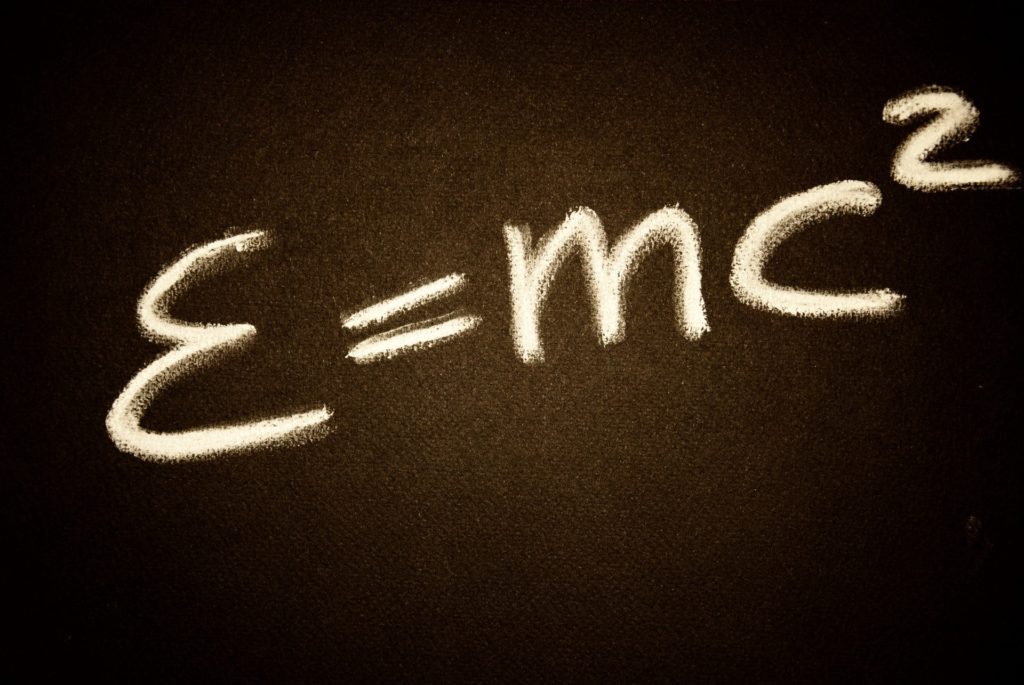
As a scientist, when reading the “Scientists For Future” statement supporting the Fridays for Future protest marches, my initial response was disappointment. The statement uses an extremely basic language to summarize the demands of the Paris Agreement, and the key steps necessary to avoid the most perilous climate change hazards. There is nothing innovative, provocative […]
“Yes, but”-narrative in the German climate debate
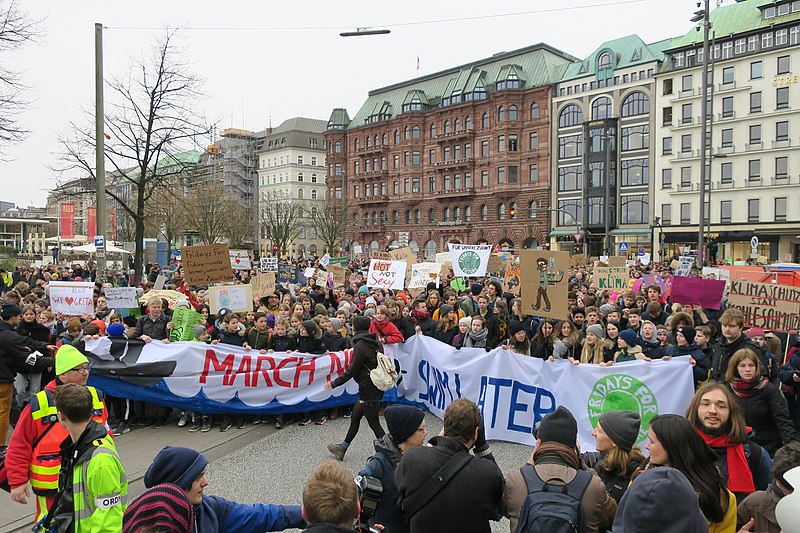
As Fenja and Michael earlier commented, the “Fridays for Future” movement is getting more and more media coverage in Germany. The climate strike is triggering many positive, but also nasty reactions, e.g. grown-ups insulting children in commenting sections in a manner you could easily find on any schoolyard [1]. However, in the same breath they […]
Blogpost series: Current protests for climate protection
As the protests for more political engagement in climate protection have spread to even more countries and expandend from schoolchildren protesting on “Fridays for Future” to “Scientists for Future” supporting them, we have decided to publish a series of blogposts on this social movement, its coverage in the debate and in media reporting. This post […]
Public protests “for future” as part of citizenship – children and scientists included
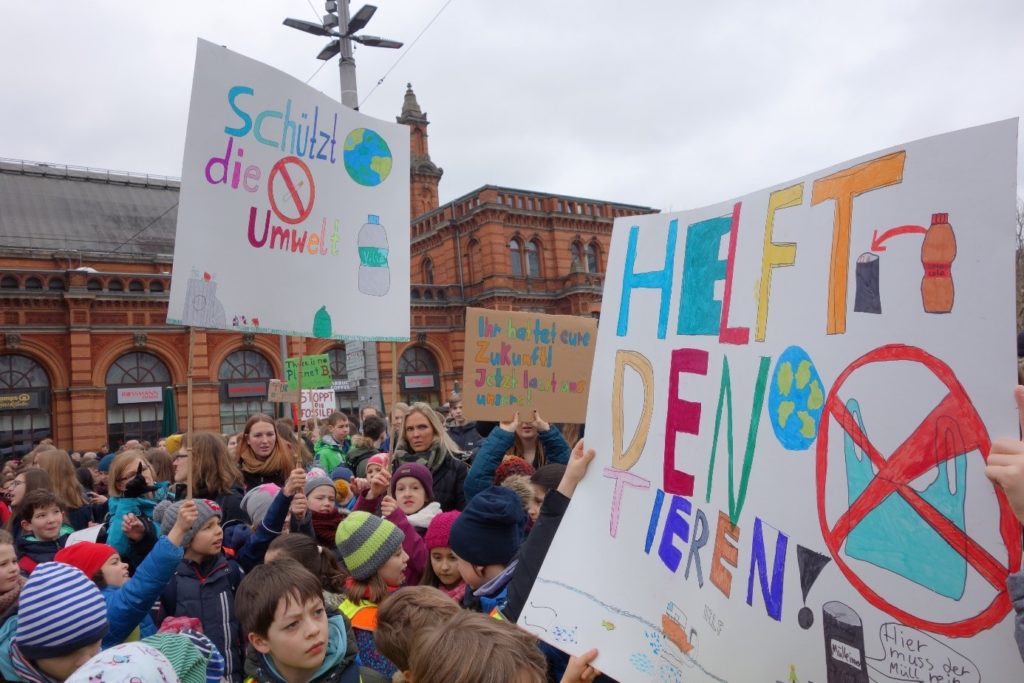
Today, I went to the streets with my ten-year-old son. It was his first protest march, and my second. We went with his elementary school class, loudly shouting: “don’t steal our future!” And while German politicians claim that they understand the children’s concerns, they also claim, more or less implicitly, that the children do not […]
“Fridays for Future” – Can the next generation save our world?
Young people are often criticised as self-centred and politically disinterested. But recently, the next generation has been engaging more and more in climate politics, and their voice is getting heard – at least in media coverage.
Coal vs. goals: unfortunate choice of decoration undermines credibility of negotiations at COP24
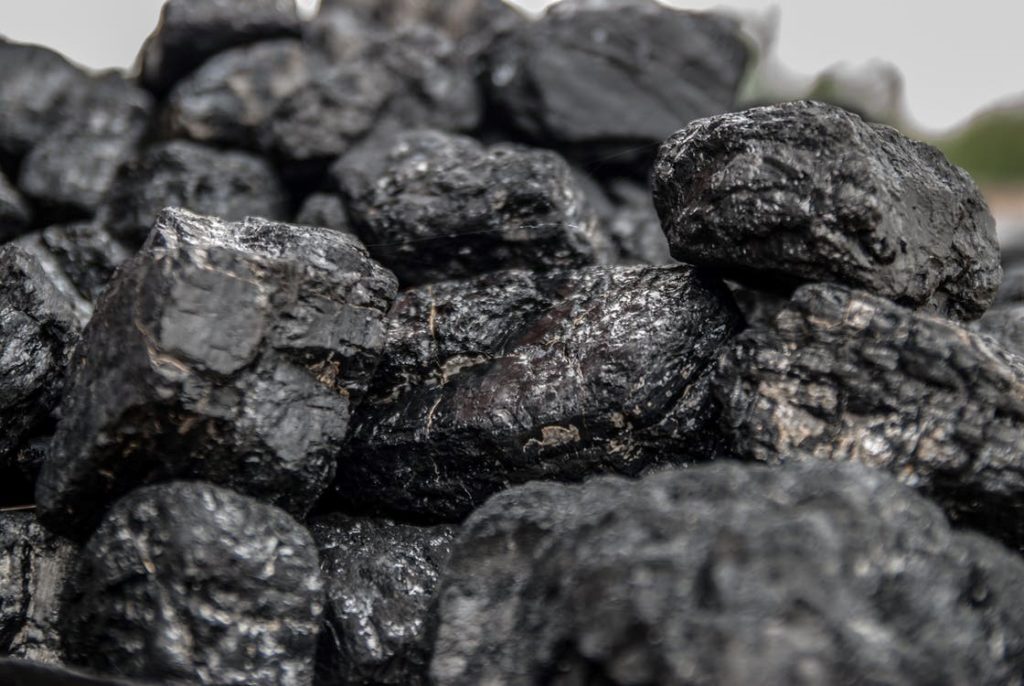
Efforts of the 24th Conference of the Parties (COP24) to the United Nations Framework Convention on Climate Change (UNFCCC) taking place in Katowice, Poland, between December 2nd and 14th are being overshadowed, quite literally, by a cloud of coal enveloping the conference center, which is located just 3 miles from the Wujek coal mine. Following […]
Journalism at the frontlines of civic action
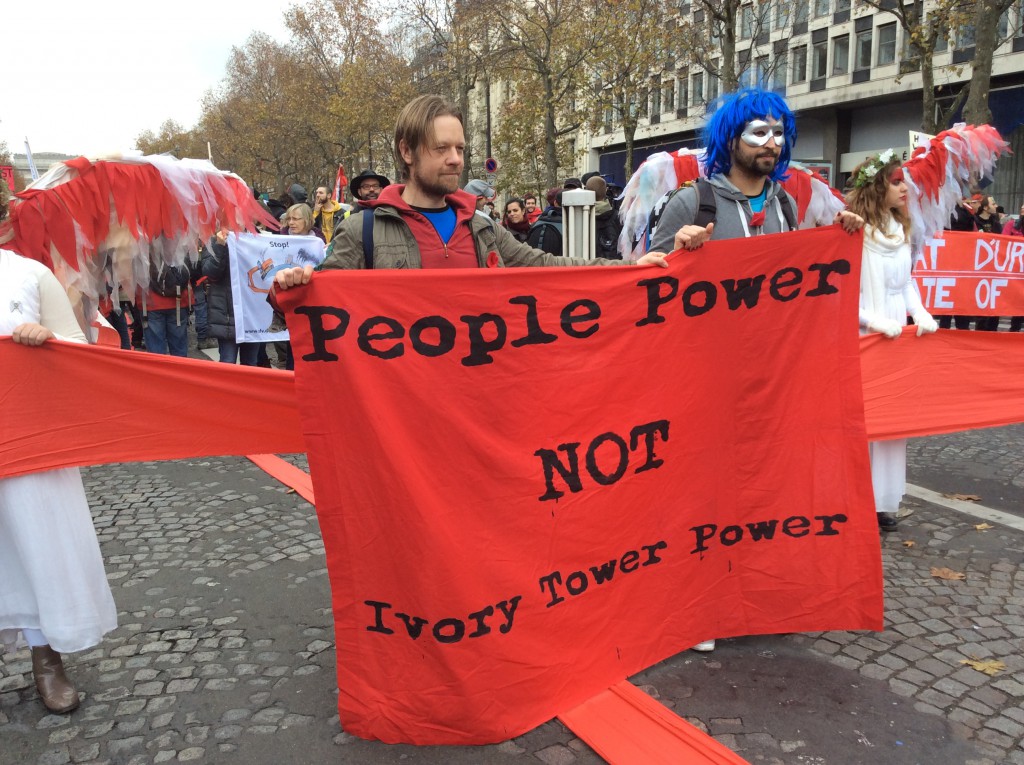
On Saturday morning the COP went past its scheduled finishing time. With successive postponements of the release of the agreement text (which what was going to be, in all likelihood, a watered down, strategically vague version of what the world needed) I found myself wondering what to do.
Bridging the gap: Under-representation and communication between groups at COP21
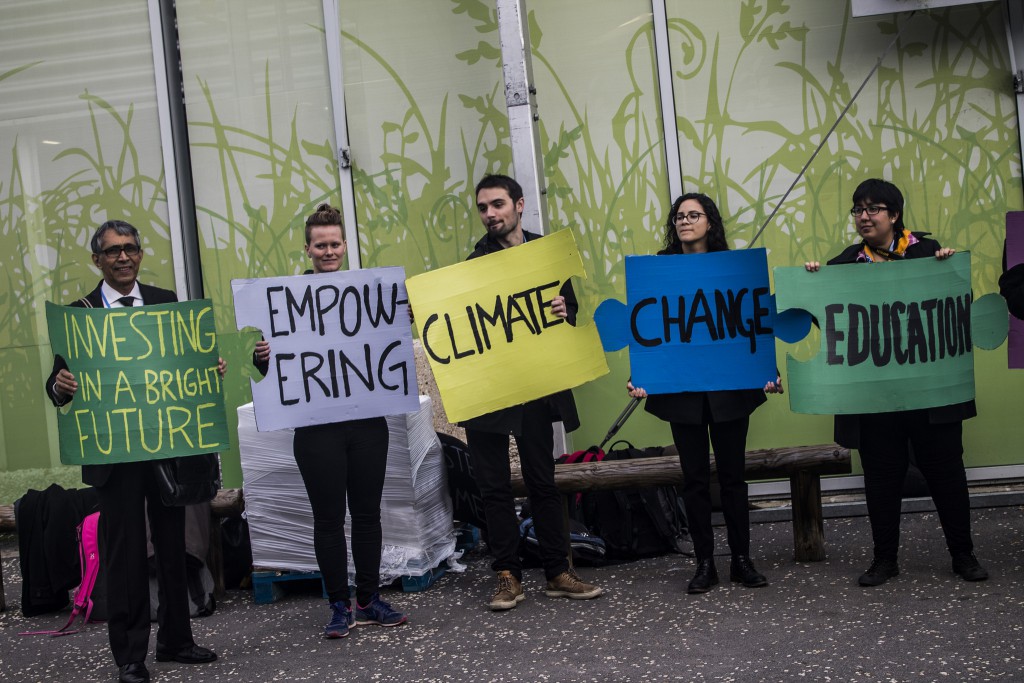
I’ve never considered myself a radical youth, a hard-core feminist or any other kind of fundamental advocate. However, being at COP in Paris, I recognized power dynamics that I had for a long time considered things of the past. I recognized people struggling with antiquated roles that are not visible or formulated but resonated everywhere. I […]
